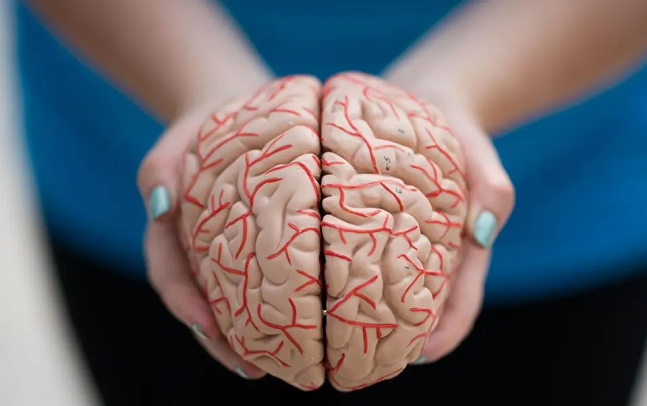Julie Kedzie has suffered with depression, anxiety, hyperactivity, impulsiveness and lack of sleep since retiring from mixed martial arts in 2013. All are symptoms of chronic traumatic encephalopathy (CTE).
CTE is a brain condition linked to repeated blows to the head and concussion. The condition, which gradually gets worse over time and leads to dementia, can only be diagnosed post-mortem.
Kedzie competed 29 times as a professional, winning 16 and losing 13, until she retired on the back of four successive defeats, including two in the UFC.
The 42-year-old is still counting the cost of that career and has pledged her brain for post-mortem research.
“It seems a very normal thing to do,” Kedzie tells BBC Sport.
“I’ve been hit in the head a lot so we might as well see what is in there and get some good out of it for data.
“If there is a way that I can still keep pushing in this field [of mixed martial arts] and advancing the cause of women, then yeah.”
Athletes, across a wide variety of contact sports, are more aware of the risks involved, leading to an increase in brain donations to the Concussion Legacy Foundation (CLF).
Just 45 cases of CTE were confirmed worldwide when the CLF began investigating in 2007, and now more than 10,000 people, including Kedzie, have taken part in studies.
Dr Chris Nowinski, who has a PHD in neuroscience and is a former WWE wrestler, co-founded the CLF after “suffering chronic symptoms” during his own sporting career.
“Most professional MMA fighters that we’ve studied have had CTE and will continue to have CTE,” Dr Nowinski says.
“We don’t have 70-year-old former UFC fighters yet, so we haven’t fully seen what we’ve created here.”

